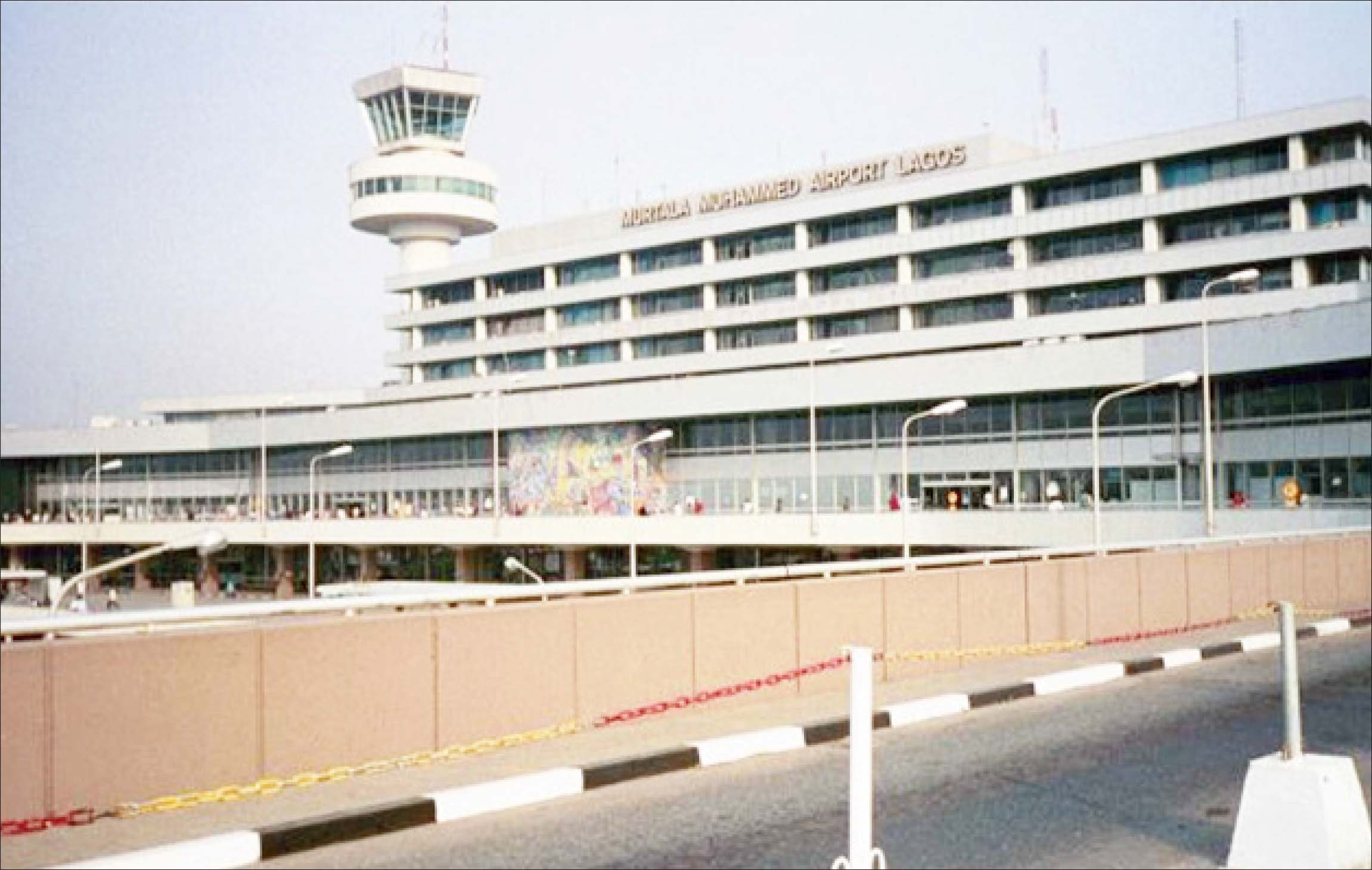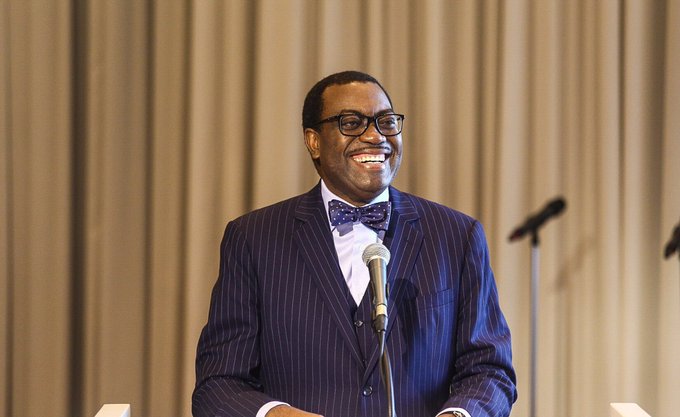In a bid to stop further job cuts, Zimbabwe has fully reopened its tourism sector after five months of closure due to the COVID-19 pandemic.
The country’s Environment, Climate, Tourism and Hospitality Industry Minister Mangaliso Ndlovu, announced the development at a press conference Thursday.
He said the decision to fully reopen the sector, one of the hardest hit by the pandemic, was meant to forestall further job cuts and revenue losses in one of the country’s important sectors of the economy.
The minister, however, emphasized the need for the sector to continue to fully observe COVID-19 health and safety regulations in order to minimize the spread of the disease.
“I am, therefore, pleased to announce that following cabinet approval, all tourism activities can now resume operations,” he said.
“These include but are not limited to game drives, bungee jumping, zip lines, helicopter rides, lion walks, elephant rides and all registered tourism activities,” the minister said.
He said boat operations on lakes for both tourism and fishing can now also resume operations considering that in areas such as Kariba, the boating industry is a key anchor of their tourism industry.
“This decision by Cabinet is indeed welcome as it comes at a time when massive retrenchments were looming in the sector, and such layoffs would have threatened the many lives that are dependent on tourism for survival,” the minister said.
He added that the negative impact of the coronavirus-induced shutdown was felt across the whole tourism sector and its value chains, particularly in Kariba and Victoria Falls, which are predominantly tourism reliant cities.
“We hope that this decision to reopen the sector will breathe life into the sector and allow us to pick up the pieces again,” Ndlovu said.
He said Cabinet had since approved the resumption of domestic flights to boost the tourism sector, with considerations being made on when to open inter-city travel to boost domestic tourist arrivals from other cities.
Government has since announced that the tourism sector is expected to contract by 7.4 percent in 2020 due to the economic fallout from the COVID-19 pandemic.


